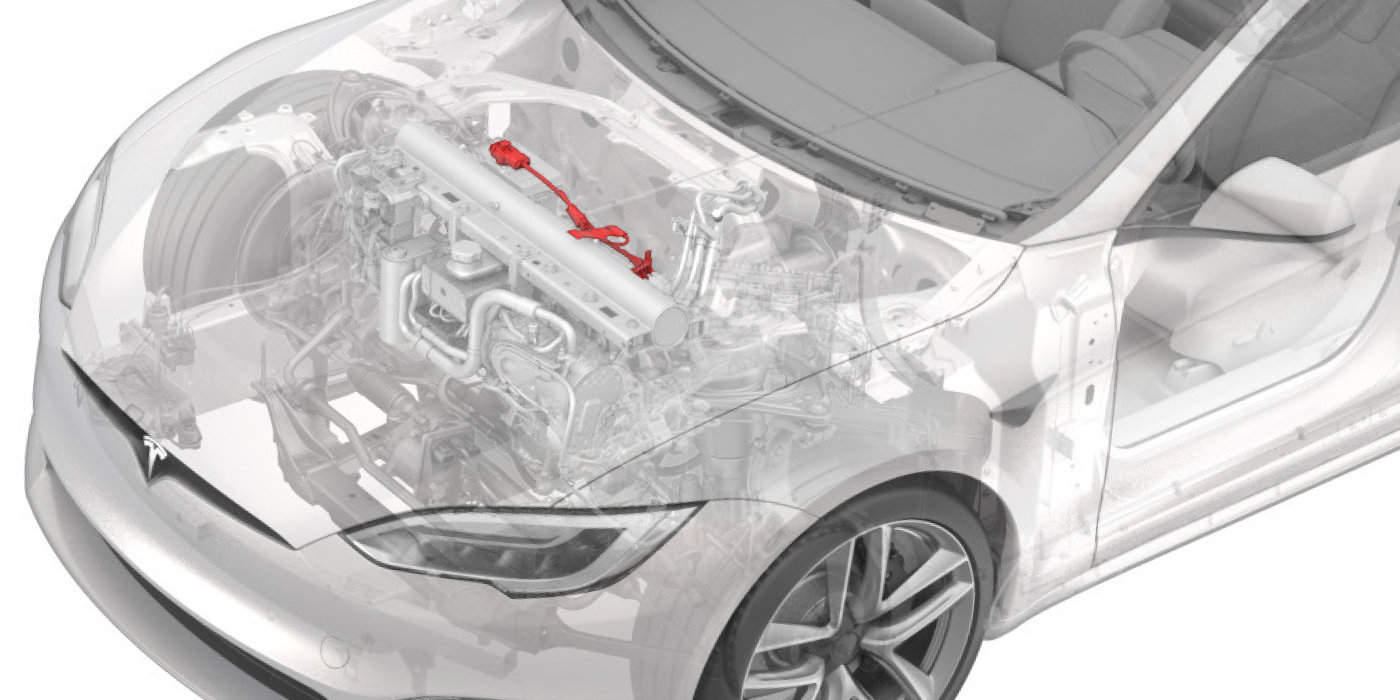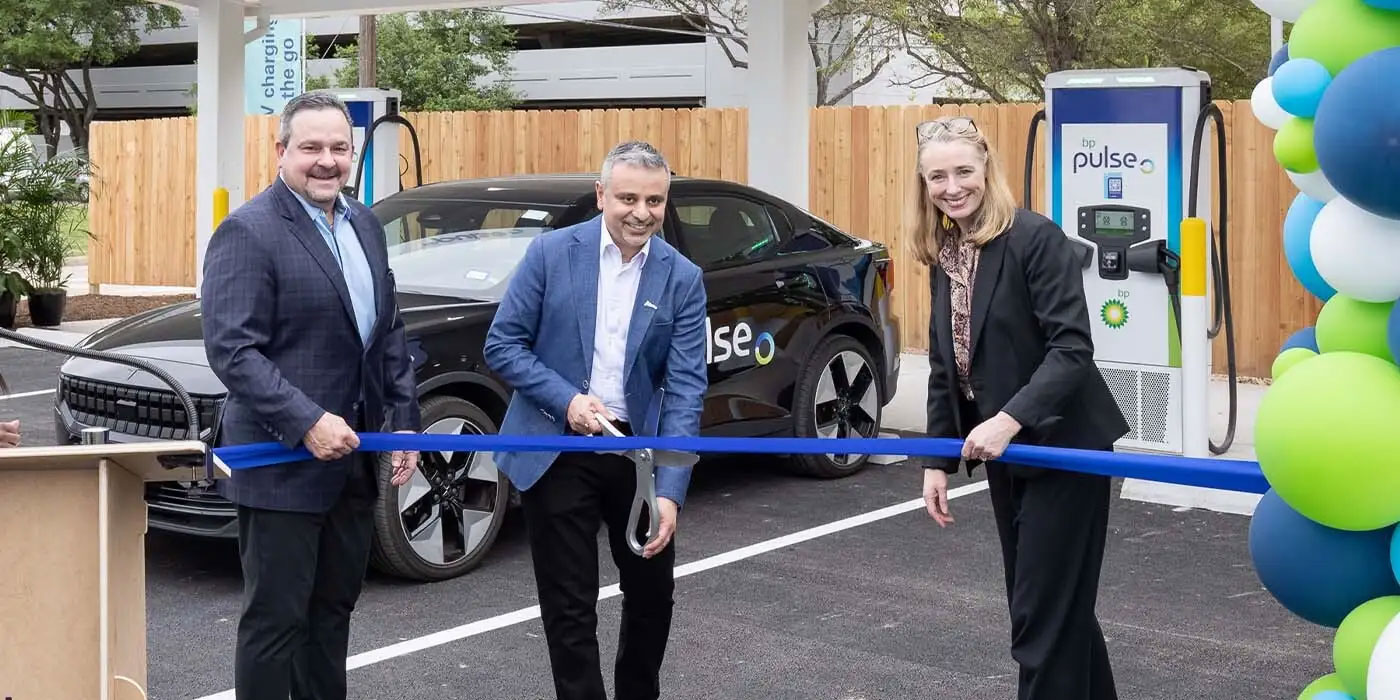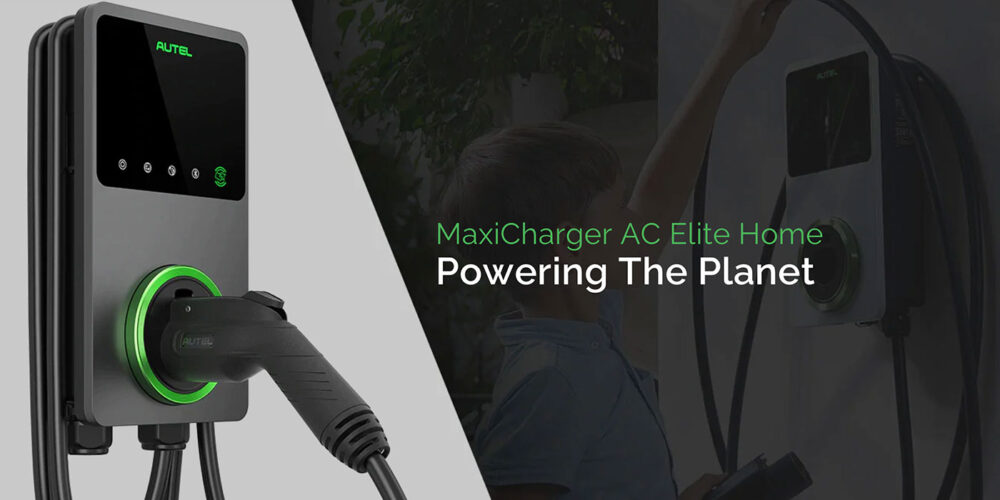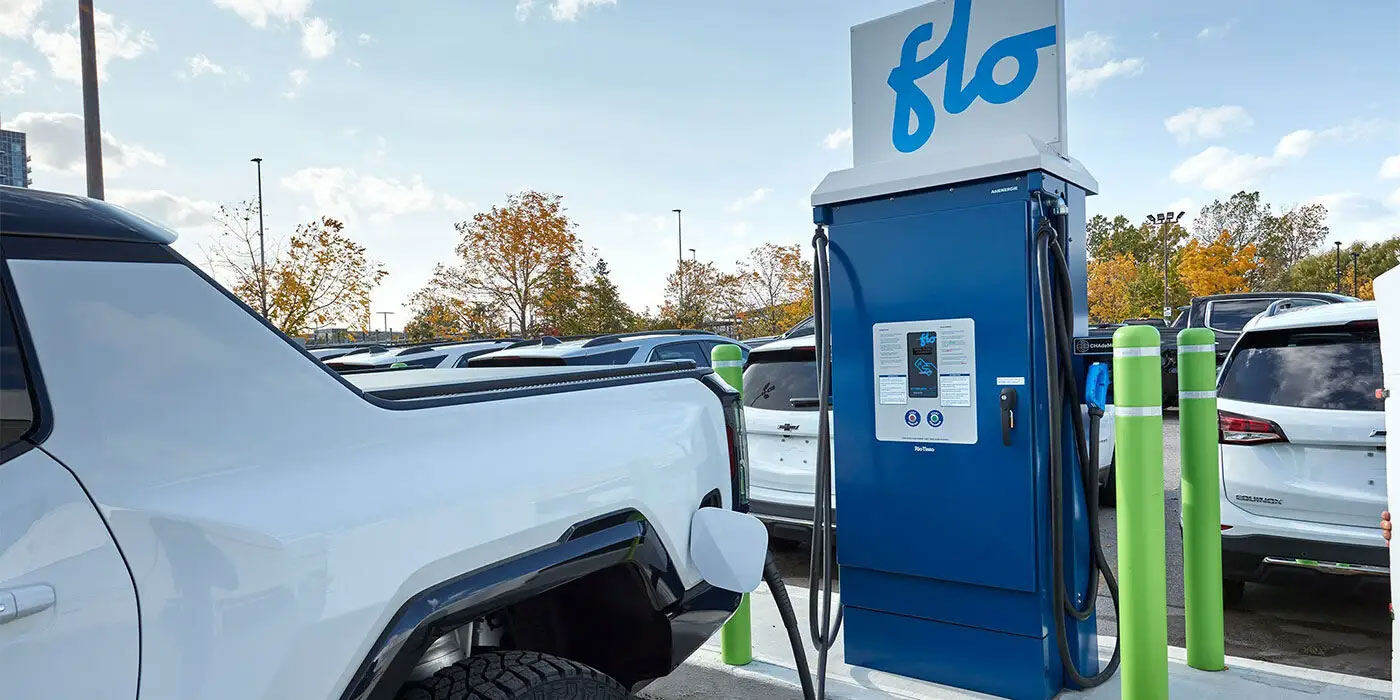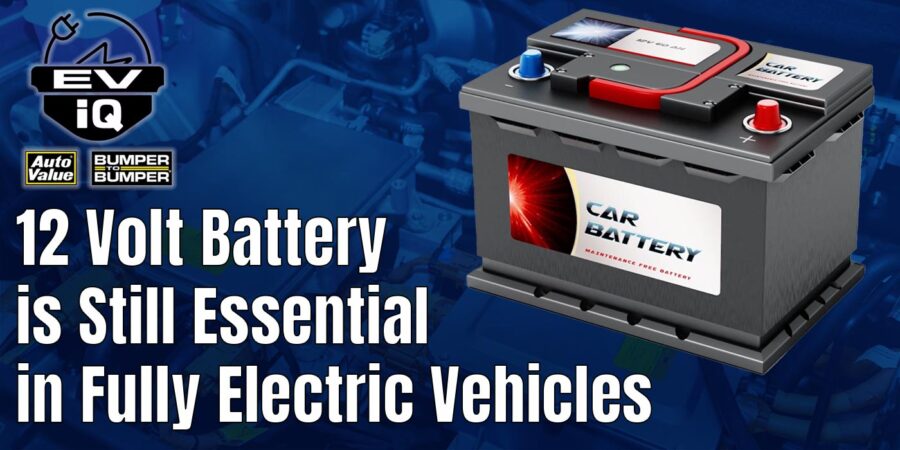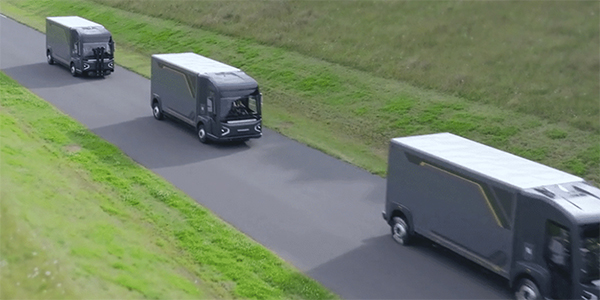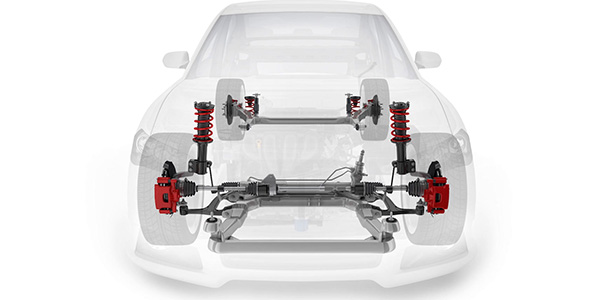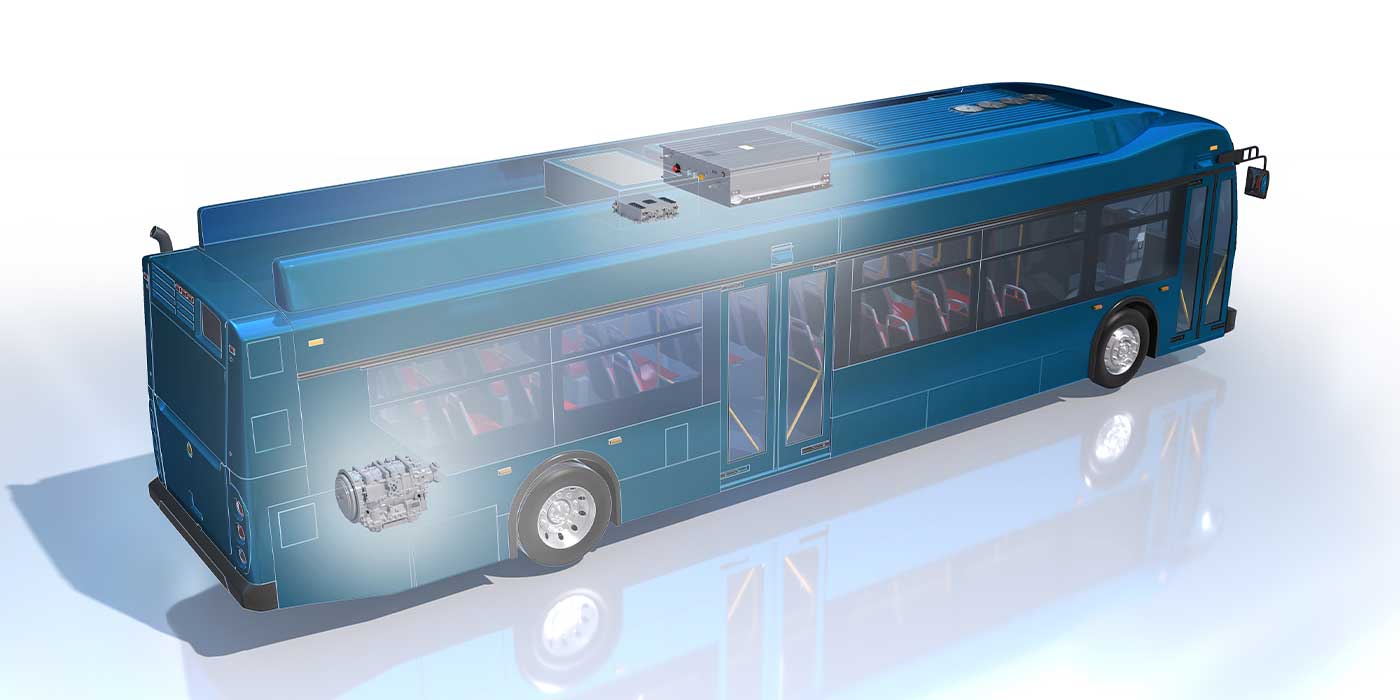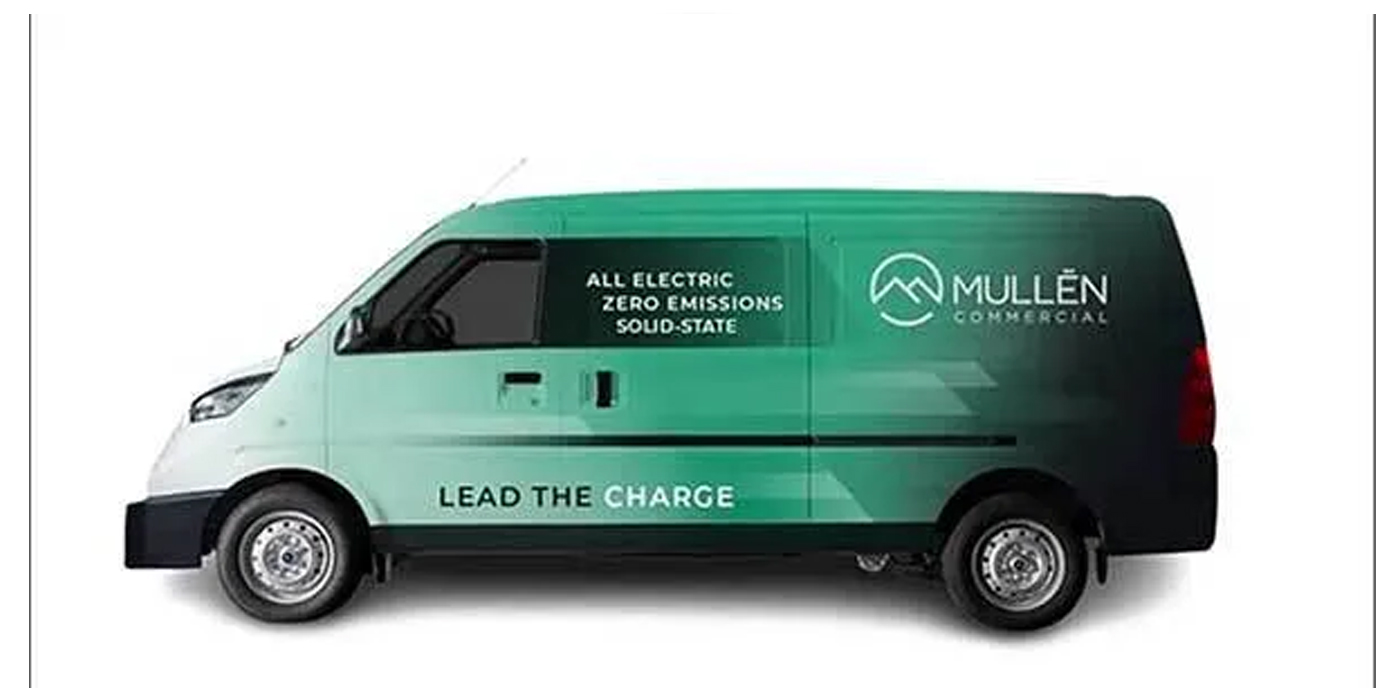Automakers have increased electric vehicle (EV) production, but sales haven’t kept pace, causing the time it takes to sell an EV, or “days-to-move,” to more than double, according to a study from Cloud Theory, an analytics platform for the autromotive industry. In the study conducted by Rick Wainschel, vice president of data science and analytics, the organization found that Tesla remains the market leader in EVs, while the second top spot is still open for competition.
“The Biden administration has set a goal for EVs to make up 67% of the market by 2032, a significant challenge for the auto sector,” said Wainschel. “Though EV sales are growing, they’re not matching the rate of EV inventory growth. In early 2023, the average EV was sold after 36 days on the dealer’s lot. By September 2023, this had risen to 80 days.”
Data from Cloud Theory indicates that while the EV inventory grew from 3% in January 2023 to 6% in September 2023, sales only increased from 3% to 4% of the vehicle market share during the same period.
Furthermore, a survey from The Associated Press-NORC Center for Public Affairs Research revealed that just 19% of U.S. adults are very likely to purchase an EV for their next vehicle, with 47% unlikely to do so.
To meet the ambitious 2032 targets, the auto industry faces challenges such as:
- Enhancing battery capacity for longer driving range;
- Expanding infrastructure for convenient and quick recharging;
- Standardizing charging equipment suitable for all vehicles;
- Addressing consumers’ hesitations through effective marketing strategies;
- Counteracting opposition from established industries like oil and facilitating the growth of alternative industries.
While both BMW and Mercedes have EVs constituting over 12% of their total 2023 sales (through September), they trail in volume with BMW selling 28,635 EVs and Mercedes at 26,319. In comparison, GM and Ford’s 2023 sales reached 34,938 and 36,008 units respectively, but EVs only represent 2.2% and 3.4% of their overall sales.
The Hyundai Motor Group, with six EVs having inventory levels above 1,000 in 2023, sold 51,640 vehicles (4.7% of the total), second only to Tesla.
Wainschel added, “Achieving the goal of the majority of new vehicles being EVs in less than a decade will demand unforeseeable technological advancements and unpredictable competitive dynamics.”



